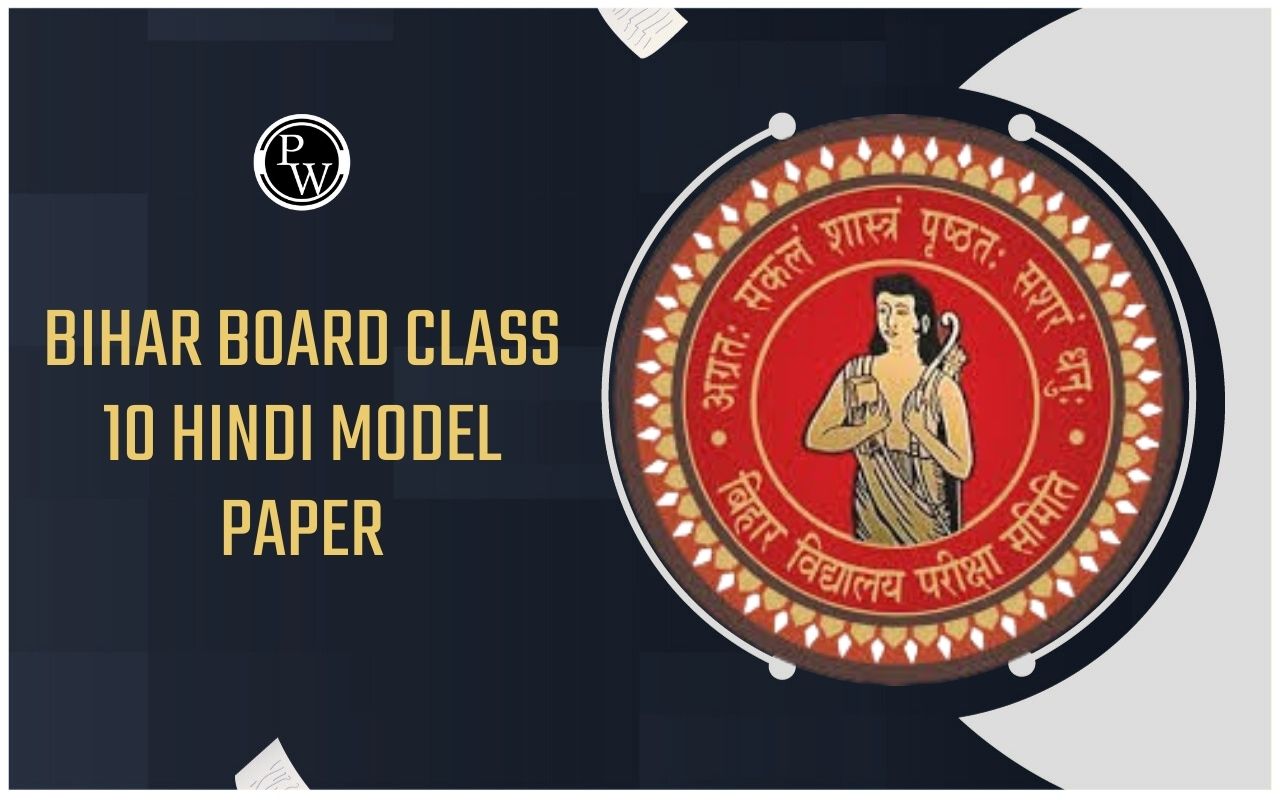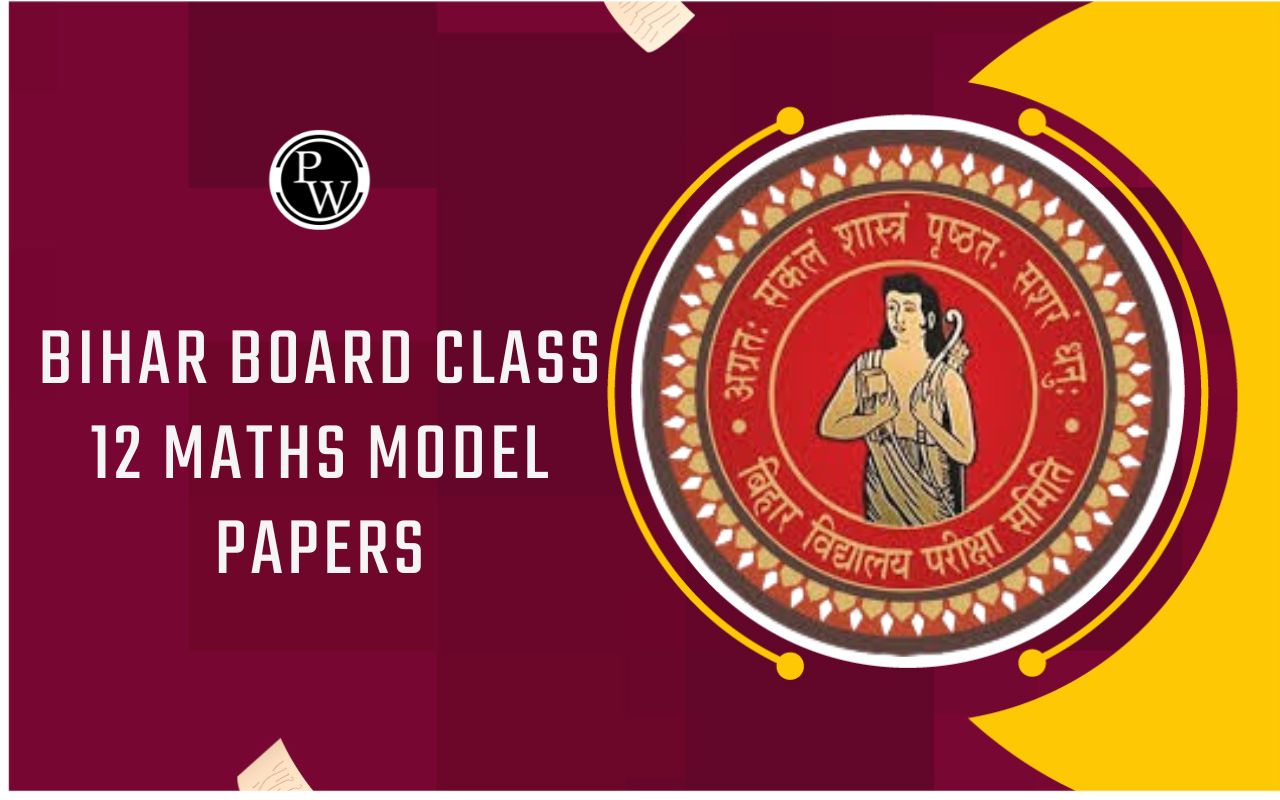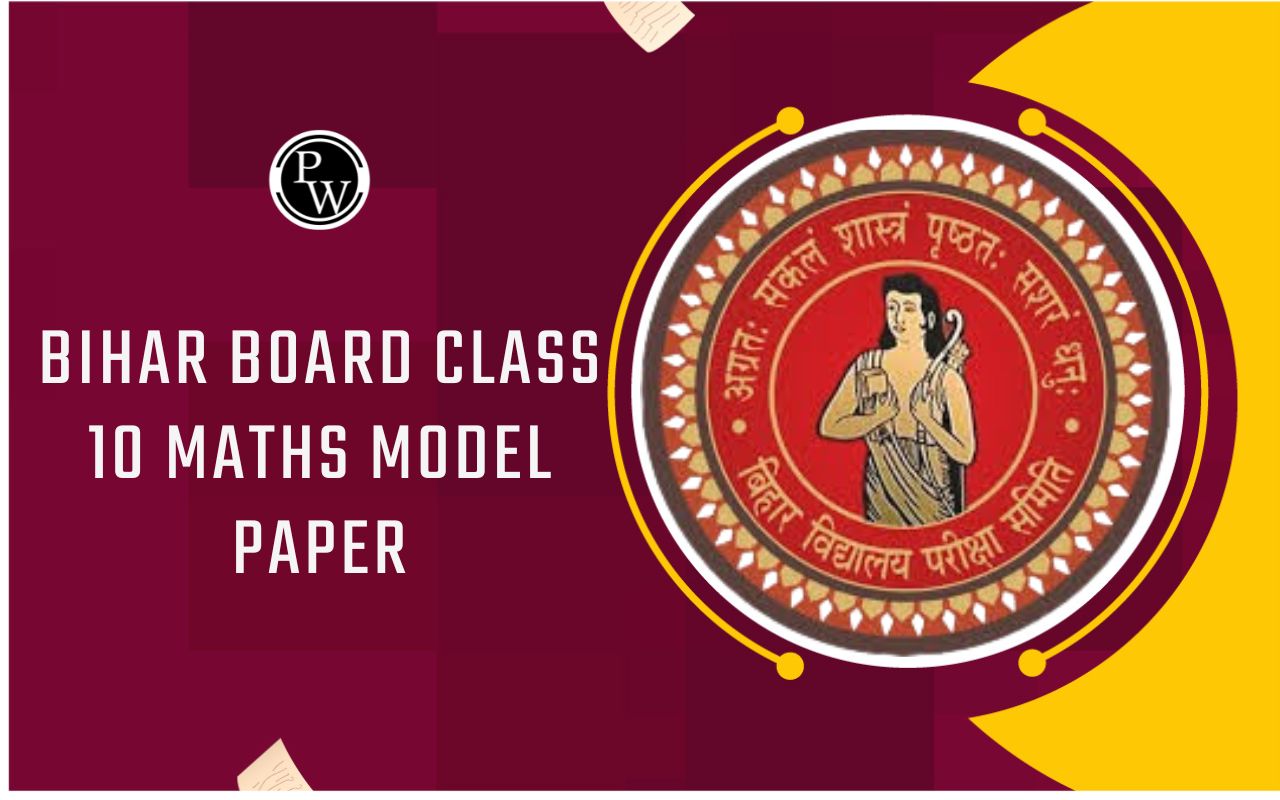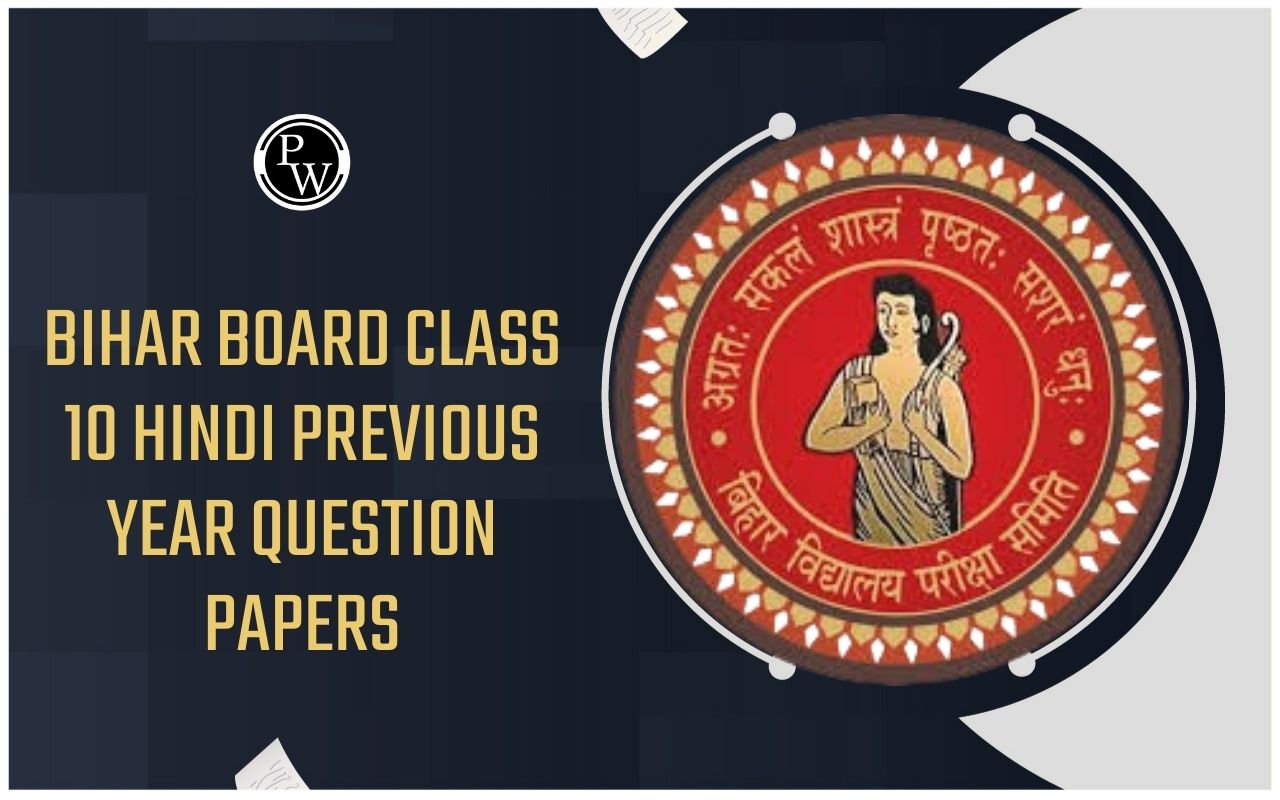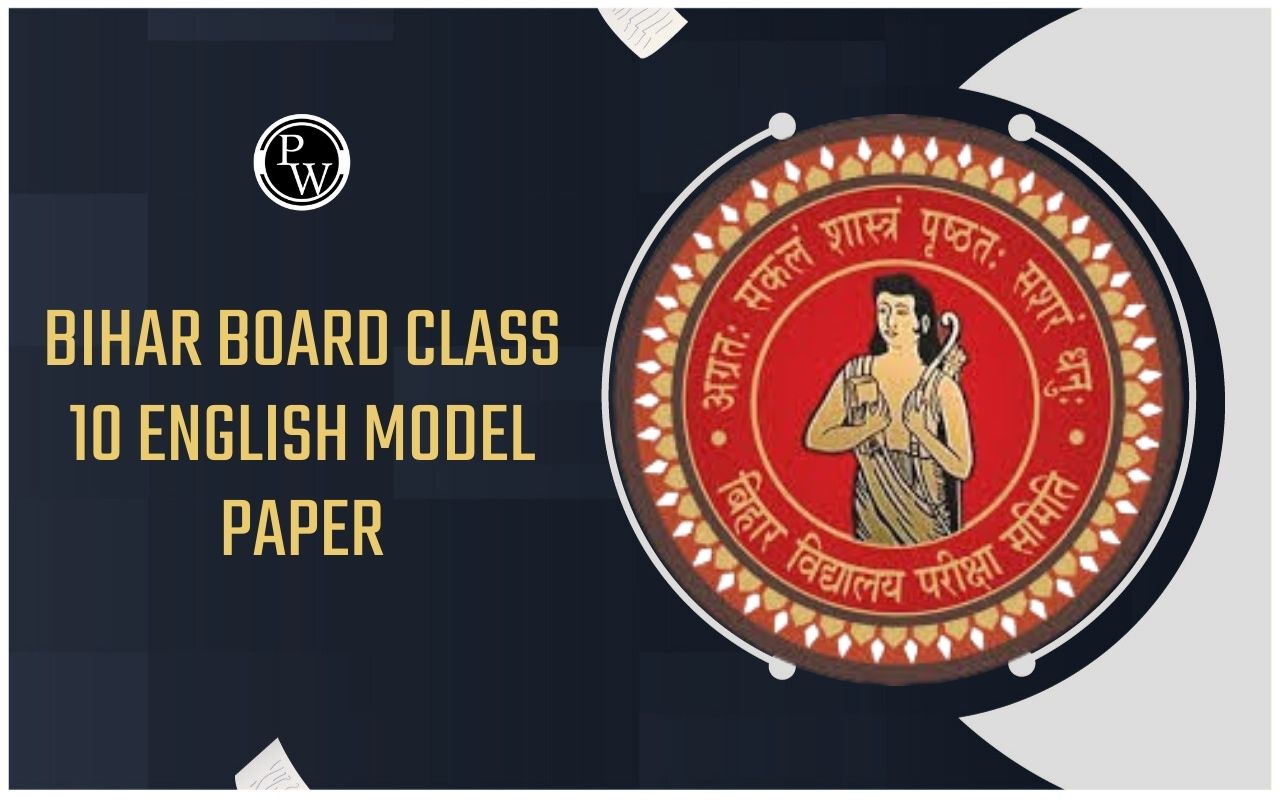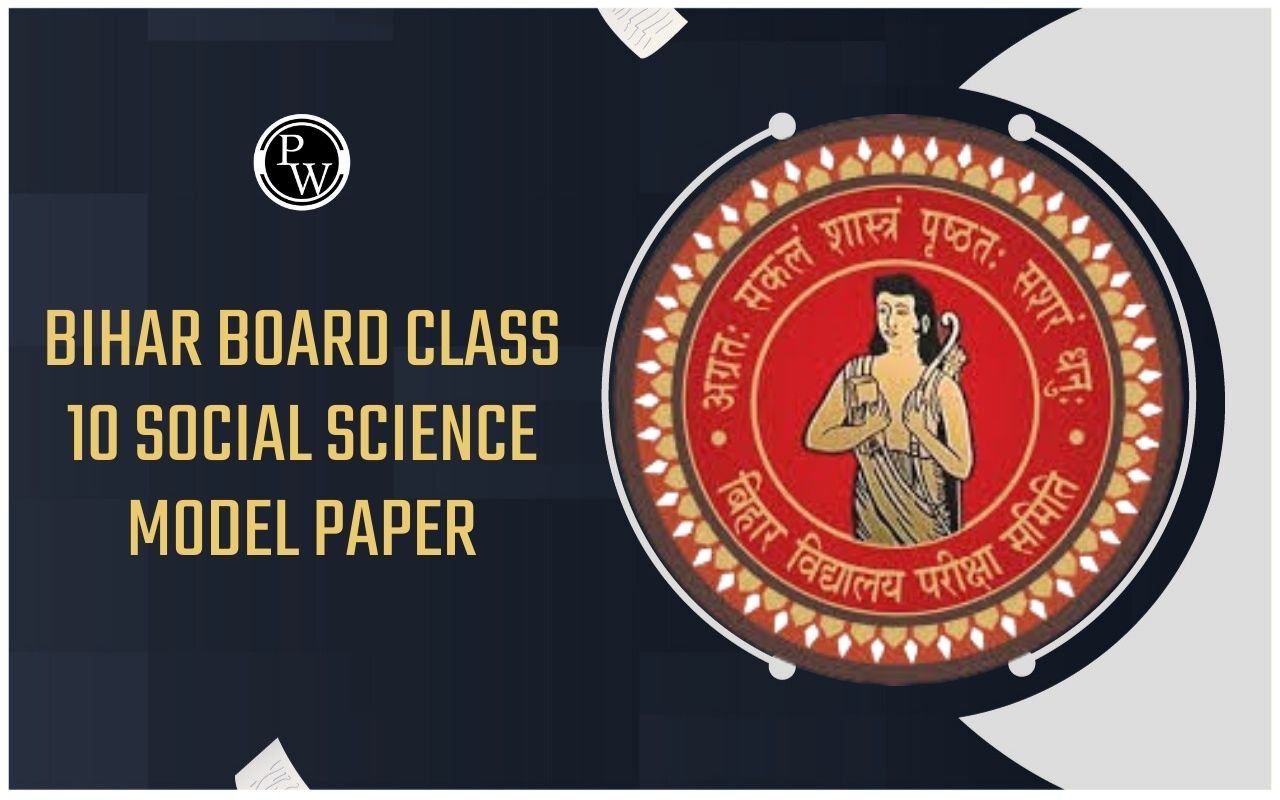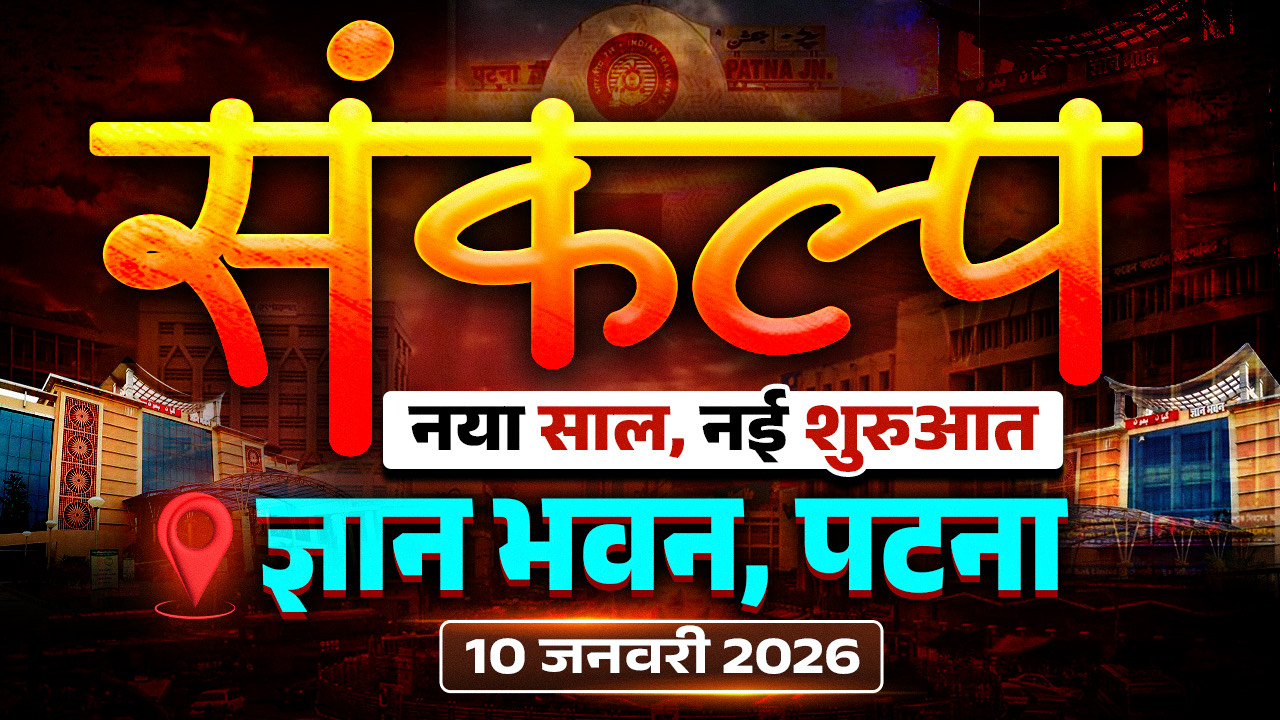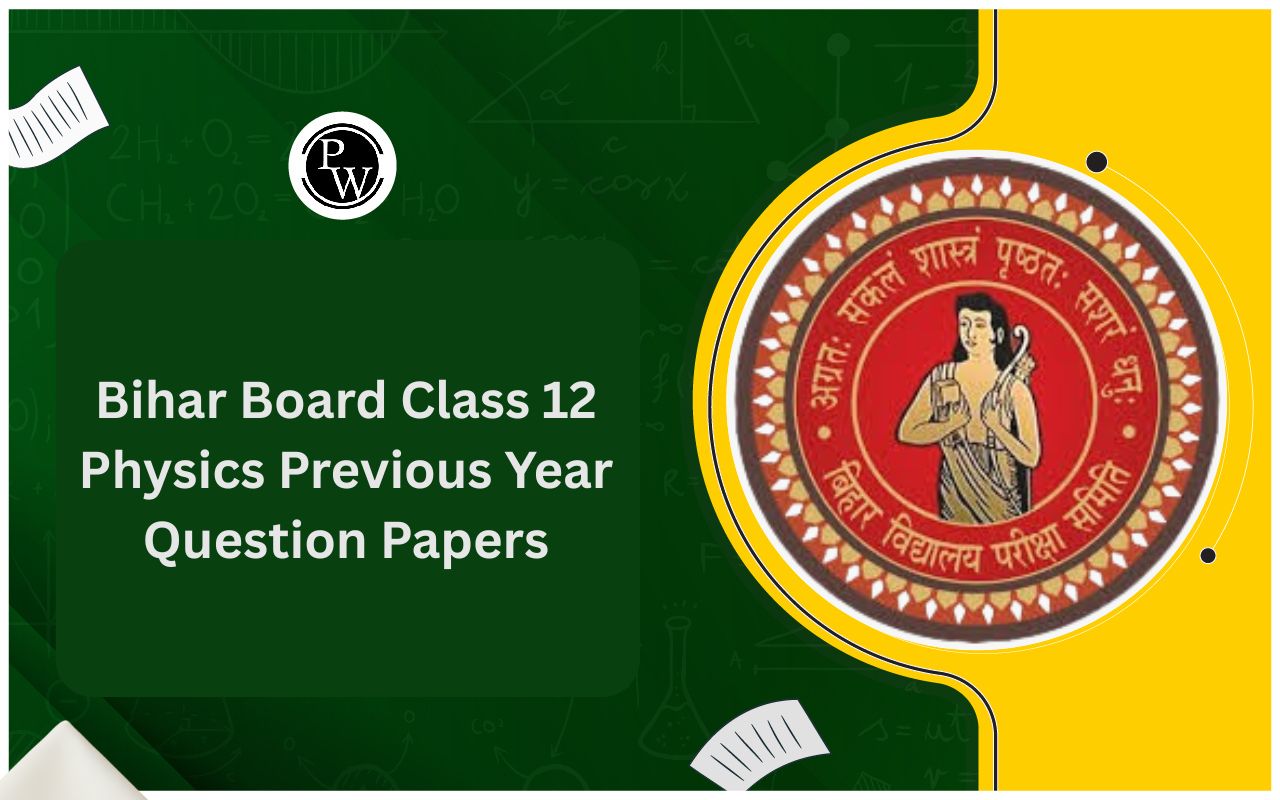
Bihar Board 12 Class Political Science Syllabus 2025: The Bihar School Examination Board (BSEB) has released a combined syllabus for Class 11th and 12th on its official website (biharboardonline.com). The board has put emphasis on the working of Indian democracy, constitutional values, governance institutions, and India’s role on the global stage.
The Bihar Board has also mentioned the key objectives behind including the subject in the curriculum. The key goals of the syllabus is to make students aware of how constitutional principles play out in everyday politics and governance. The BSEB has also placed special focus on local self-government, particularly in Bihar, encouraging students to connect national principles to local realities.
BSEB 12th Scrutiny Result 2025
Bihar Board 12 Class Political Science Syllabus 2025 Overview
The Bihar Board 12 Class Political Science helps students learn how the Indian Constitution works, how our leaders are elected, and how the government runs at both national and local levels. Here is an overview of the Bihar Board 12 Class:
|
Bihar Board 12 Class Political Science Syllabus 2025 Overview |
|
|
Particulars |
Details |
|
Board |
Bihar School Examination Board (BSEB) |
|
Class |
12th |
|
Subject |
Political Science |
|
Total Units |
14 |
|
Key Focus Areas |
Constitution, Governance, Judiciary, Foreign Policy, Local Self-Government |
|
Teaching Methodology |
Lecture-cum-discussion based |
|
Official Website |
|
Bihar Board 12 Class Political Science Syllabus 2025 Download PDF
Students can download the official Bihar Board 12 Class Political Science syllabus 2025 PDF directly from here. The PDF contains unit-wise syllabus, suggested teaching periods, and the instructional approach being followed across schools. Keeping a hard copy of the syllabus will help you in planning your study time according to the importance of key concepts.
Download Bihar Board 12 Class Political Science Syllabus 2025
Study without using the internet
Bihar Board 12 Class Political Science Syllabus 2025 Unit-Wise
The Bihar Board 12 Class Political Science Syllabus 2025 unit-wise gives a clear explanation of the chapters included in the syllabus. As it is a theoretical subject, the written exam carries the entire 100 marks, making it important for students to understand the concepts better.
The syllabus not only helps students but also helps teachers in planning the lecture based on the number of periods and the teaching method. The special mention of teaching methods put emphasis on how students are required to understand the concepts.
By aligning each unit with specific periods and methodologies, the syllabus promotes better time management in classrooms. It also allows students to pace their preparation effectively and get clarity on what to expect in exams. This syllabus creates a balanced learning experience where understanding concepts is just as important as scoring well. Here’s a description of all the chapters included in the syllabus:
|
Bihar Board 12 Class Political Science Syllabus 2025 Unit-Wise |
|||
|
Unit |
Contents |
Teaching Methods |
Period |
|
1 |
Making of Indian Constitution and its Goal: (i) Constitutional Development, (ii) Sources of Constitution, (iii) Constituent Assembly, (iv) Preamble |
Lecture cum discussion method |
15 |
|
2 |
Salient features of Indian Constitution |
Lecture cum discussion |
15 |
|
3 |
Working of Federalism in India: (i) Indian federation and its units, (ii) Process of changes of name, boundary and territory of state, (iii) Controversial issues, (iv) Aim and characteristics of federal state, (v) Unitary features |
Lecture and discussion |
15 |
|
4 |
Fundamental Rights and Duties: (i) Meaning, (ii) Importance, (iii) Characteristics, (iv) Amendments in fundamental rights |
Lecture and discussion |
15 |
|
5 |
Directive Principles of State Policy: (i) Nature and sources, (ii) Difference between fundamental rights and directive principles of state policy, (iii) Importance |
Lecture and discussion |
15 |
|
6 |
Union Executives: (i) President – Election, Powers, functions, real position, impeachment, (ii) Vice-President – Election, Power & Function, (iii) Council of Ministers – Composition (with special reference to coalition politics), (iv) Prime Minister – Power, functions & Role |
Lecture and discussion |
20 |
|
7 |
Parliament: (i) Lok Sabha – Composition, Power, function, (ii) Rajya Sabha – Composition, Power, function |
Lecture and discussion |
20 |
|
8 |
State Executive: (i) Governor – Power, Function and Position, (ii) Council of Ministers – Power, function and role with special reference to coalition politics, (iii) Chief Minister – Power, function, duties and role |
Lecture and discussion |
15 |
|
9 |
State Legislature: (i) Bihar Legislative Assembly – Composition, power and function, (ii) Bihar Legislative Council – Composition, power and function |
Lecture and discussion |
15 |
|
10 |
Indian Judiciary: (i) Supreme Court of India – Organisation and function, (ii) Patna High Court – Organisation and functions, (iii) Lok Adalat, Fast Track Courts, Family Courts, PIL |
Lecture and discussion |
20 |
|
11 |
Electoral System in India: (i) Election Commission, (ii) Electoral Process – Maladies and reforms, (iii) Importance of Voting, (iv) Party system and role of opposition |
Lecture and discussion |
15 |
|
12 |
Working of Local Self Government with special reference to Bihar: (i) 73rd and 74th constitutional amendments, (ii) Bihar Panchayati Raj (Amendment) Act – 2006, (iii) Rural and Urban local govt. |
Lecture and discussion |
20 |
|
13 |
National Integration and Challenges: (i) Communalism, (ii) Regionalism, (iii) Casteism, (iv) Naxalism |
Lecture and discussion |
15 |
|
14 |
Foreign Policy of India: (i) Determinants, (ii) Basic principles with special reference to nuclear policy, (iii) NAM, SAARC, UNO |
Lecture and discussion |
15 |
Preparation Tips for Bihar Board 12 Class Political Science Exam 2025
-
As a theory subject, you should focus on understanding the "why" behind constitutional provisions or political events. For example, don’t just memorize the functions of the Parliament, understand how it ensures checks and balances in a democracy.
-
When answering questions, support your answers with current events or real-world examples. This will make your answer more engaging and will fetch you more marks.
-
You must create short notes after completing each chapter/topic. Write key points, flowcharts, and comparison tables (like Fundamental Rights vs. Directive Principles) for quick revision.
-
Preparation for the board exams requires knowledge about the past trends. Solve previous years’ papers to understand the exam pattern and solve them under timed conditions to improve your speed and accuracy.
-
Units like Union Executives, Indian Judiciary, and Local Government usually carry more weight. Make sure you understand these thoroughly and revise them more than once.
Bihar Board 12 Class Political Science Exam 2025 FAQs
How to get good marks in political science class 12?
How many students fail in 12th Bihar Board 2025?
What is the age limit for 12th exam in Bihar Board?
What is the syllabus of Bihar Board 12th Political Science 2025?
Where can I download the Bihar Board 12th Political Science syllabus PDF?

